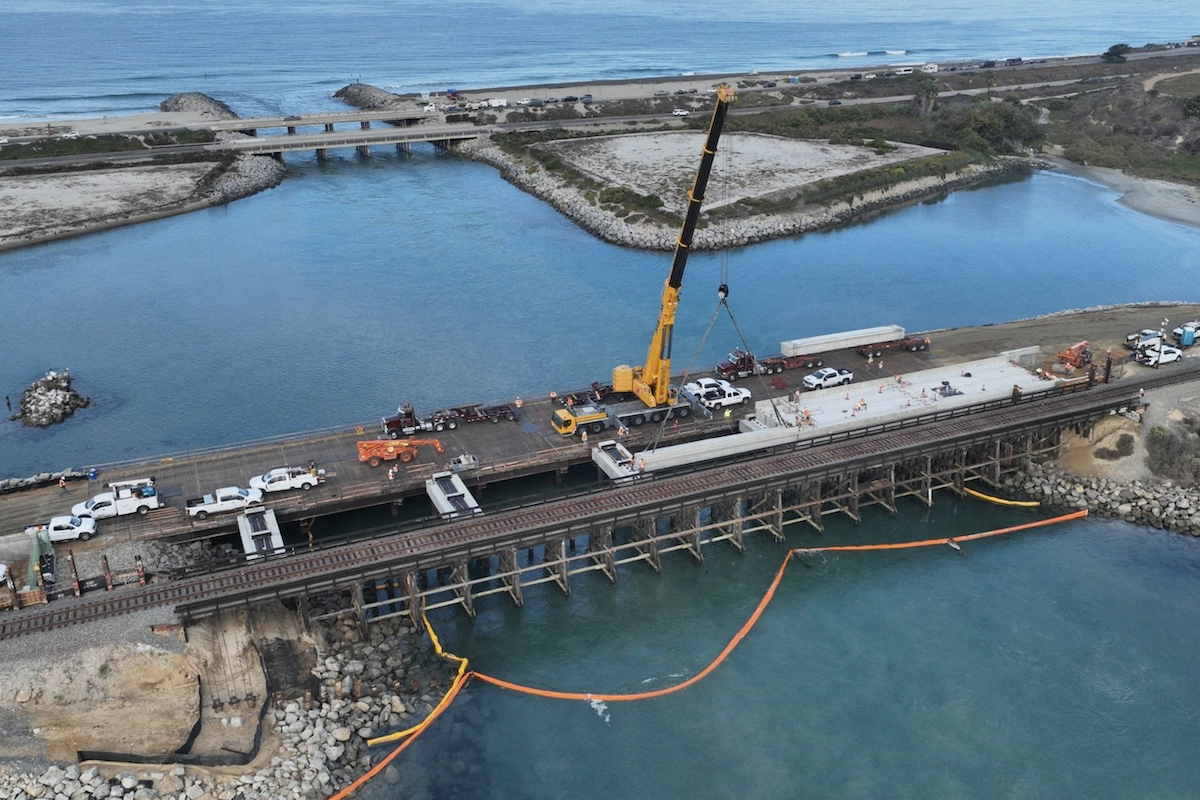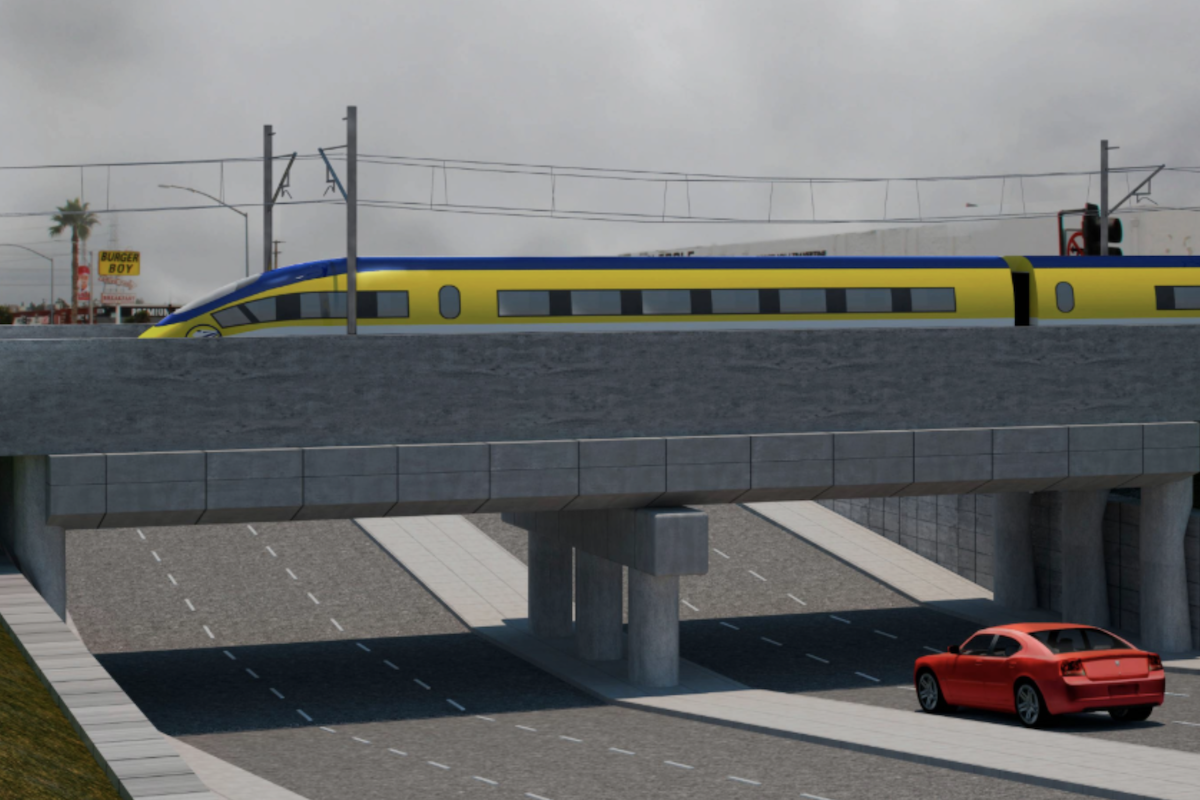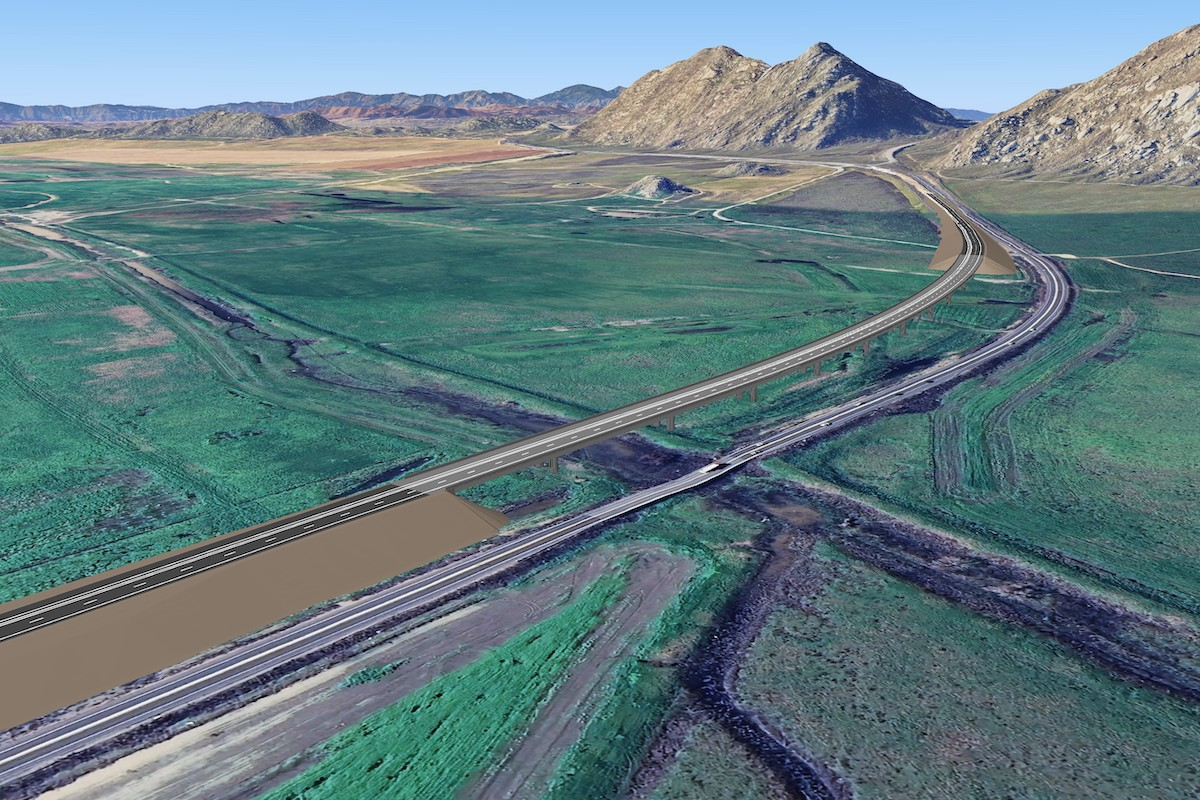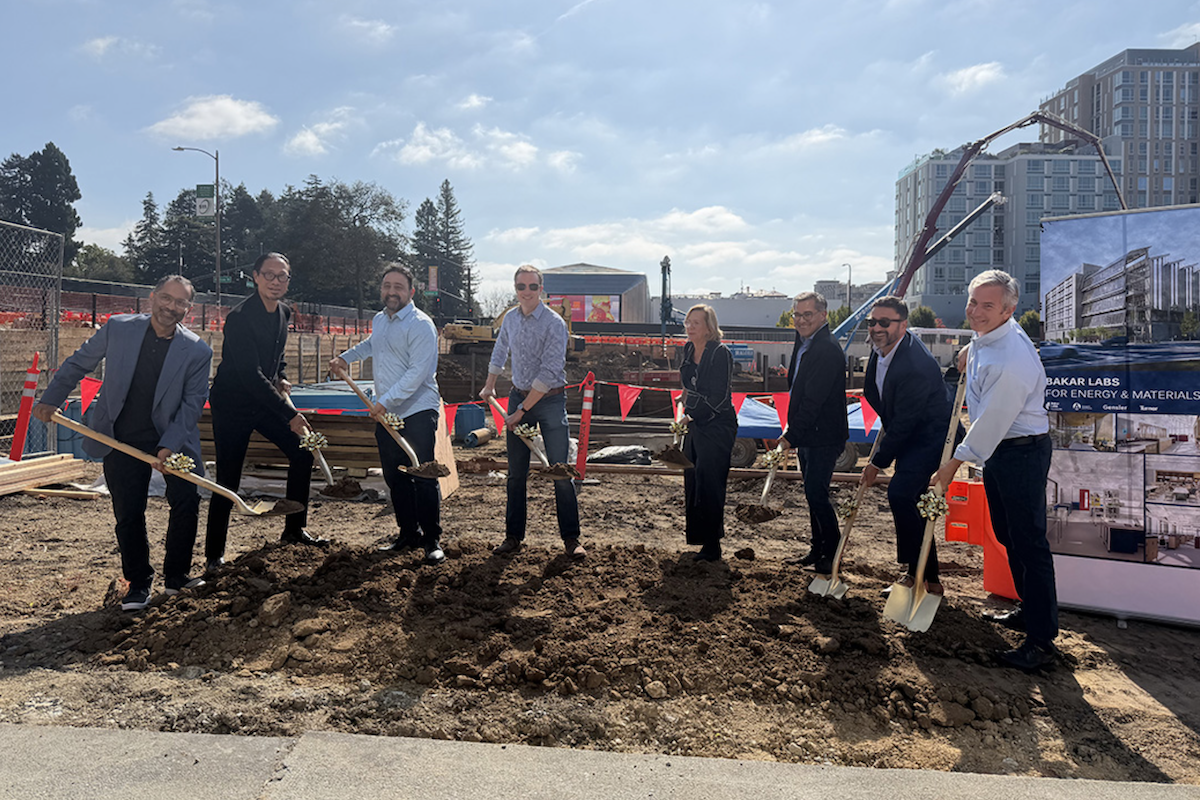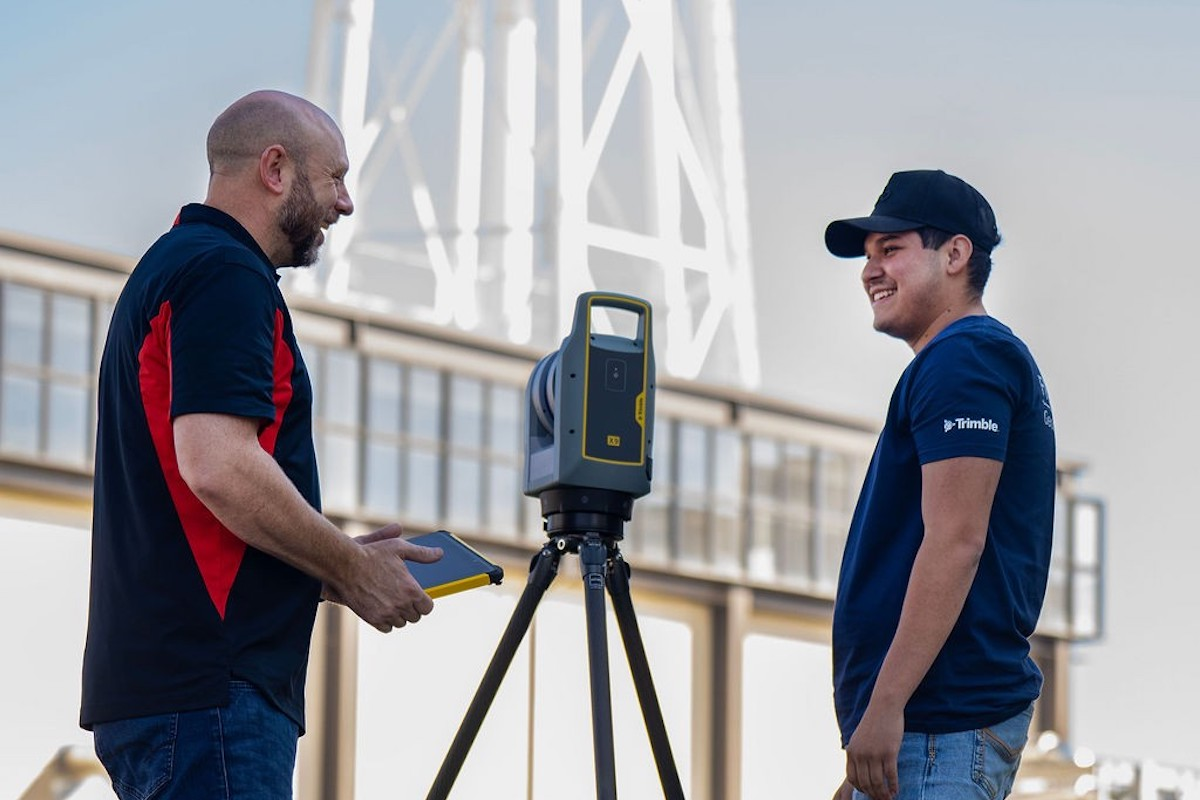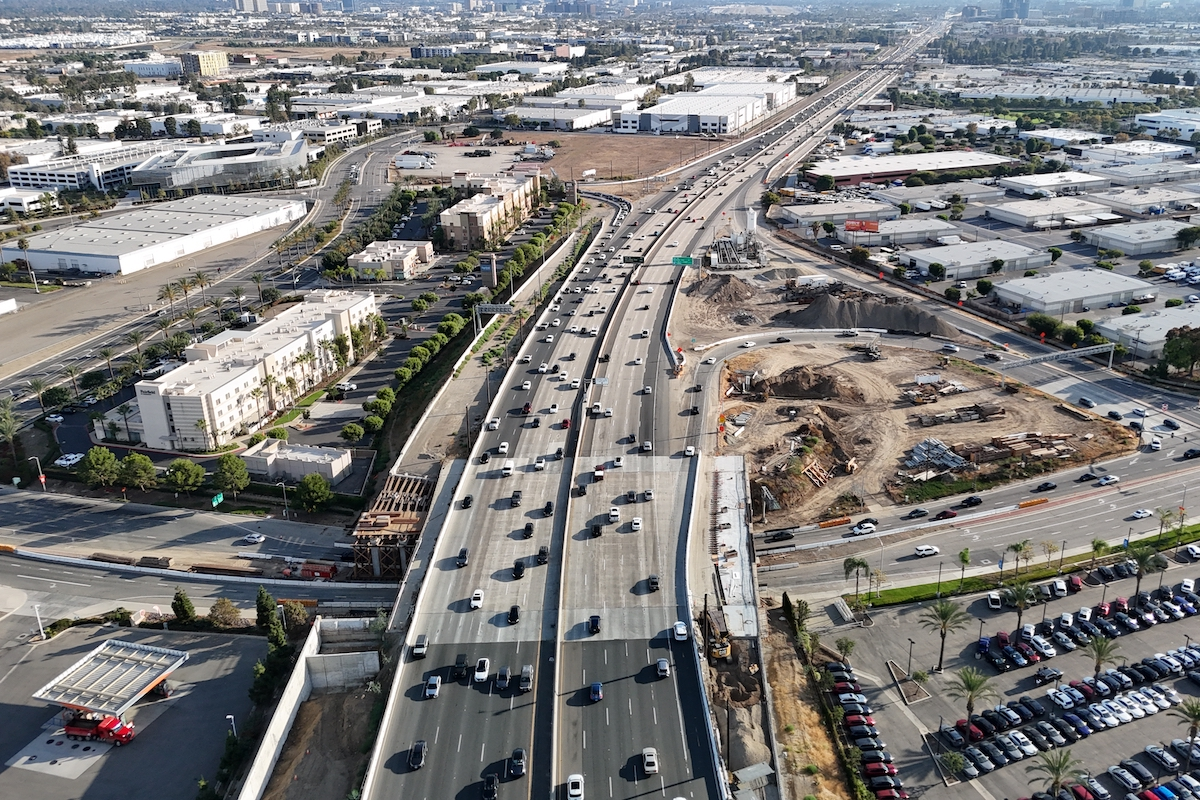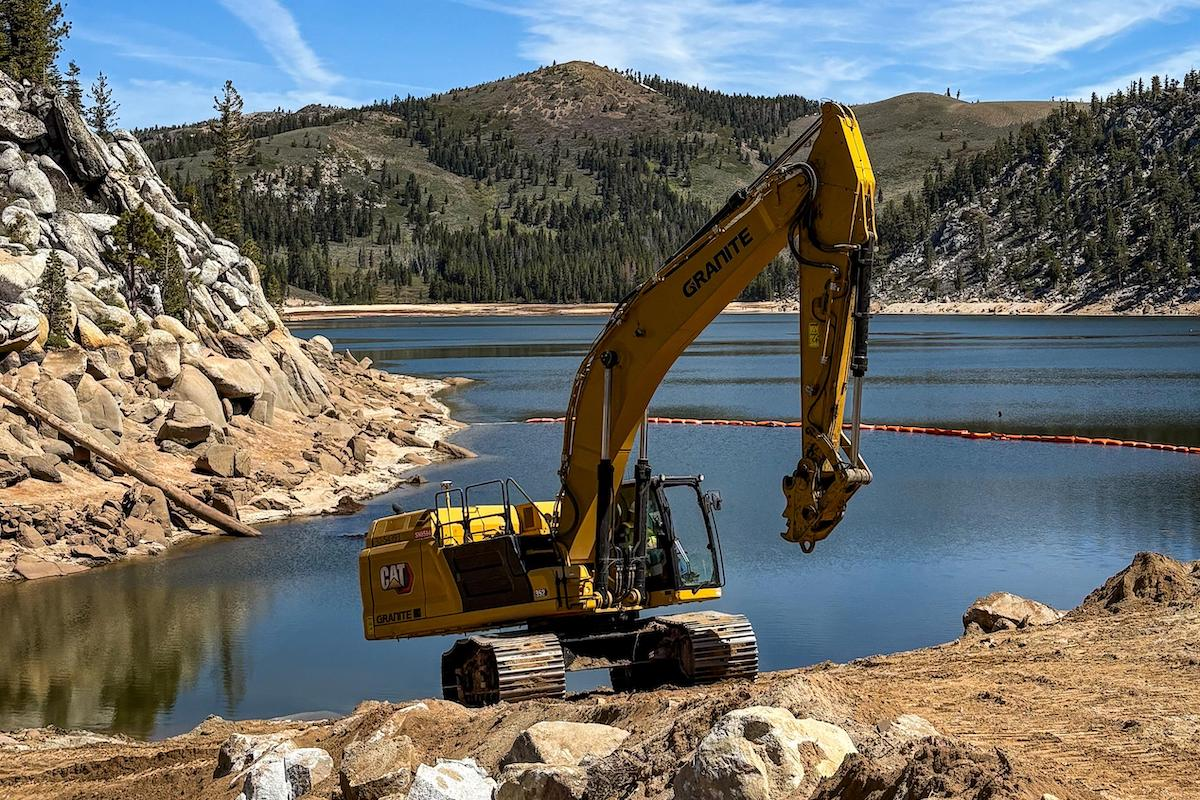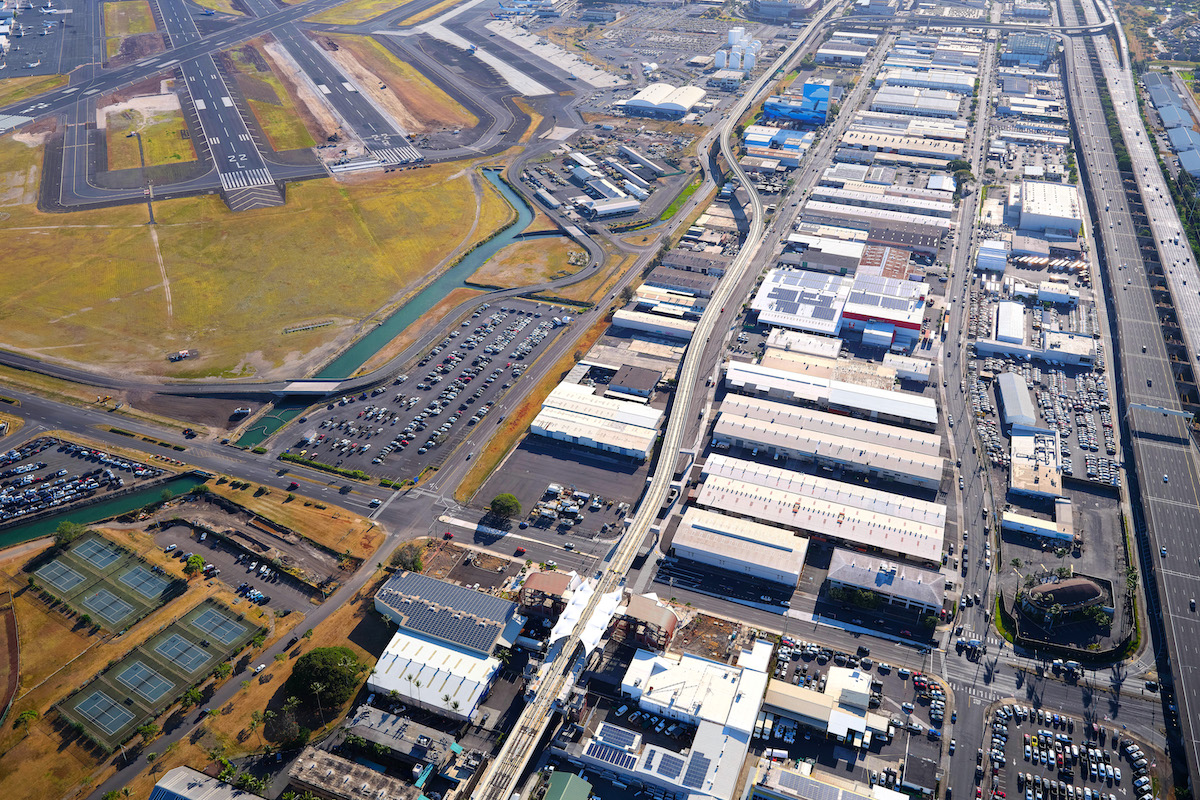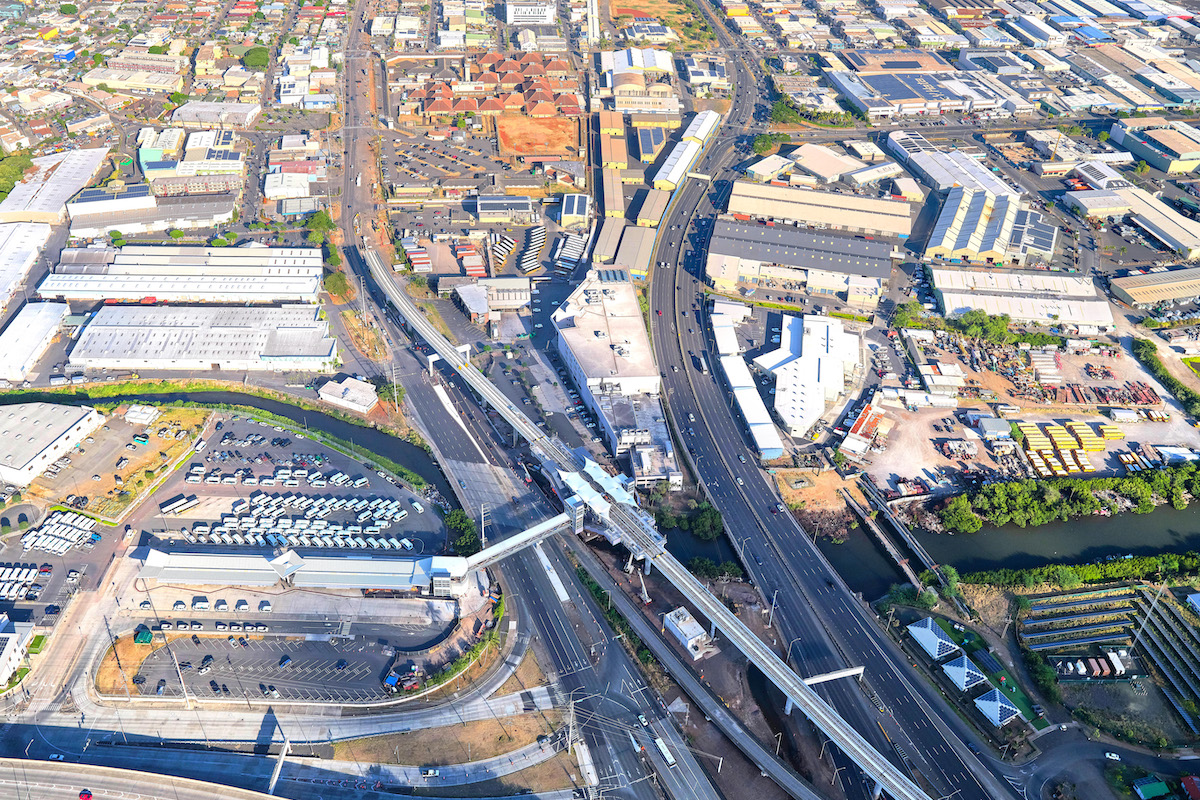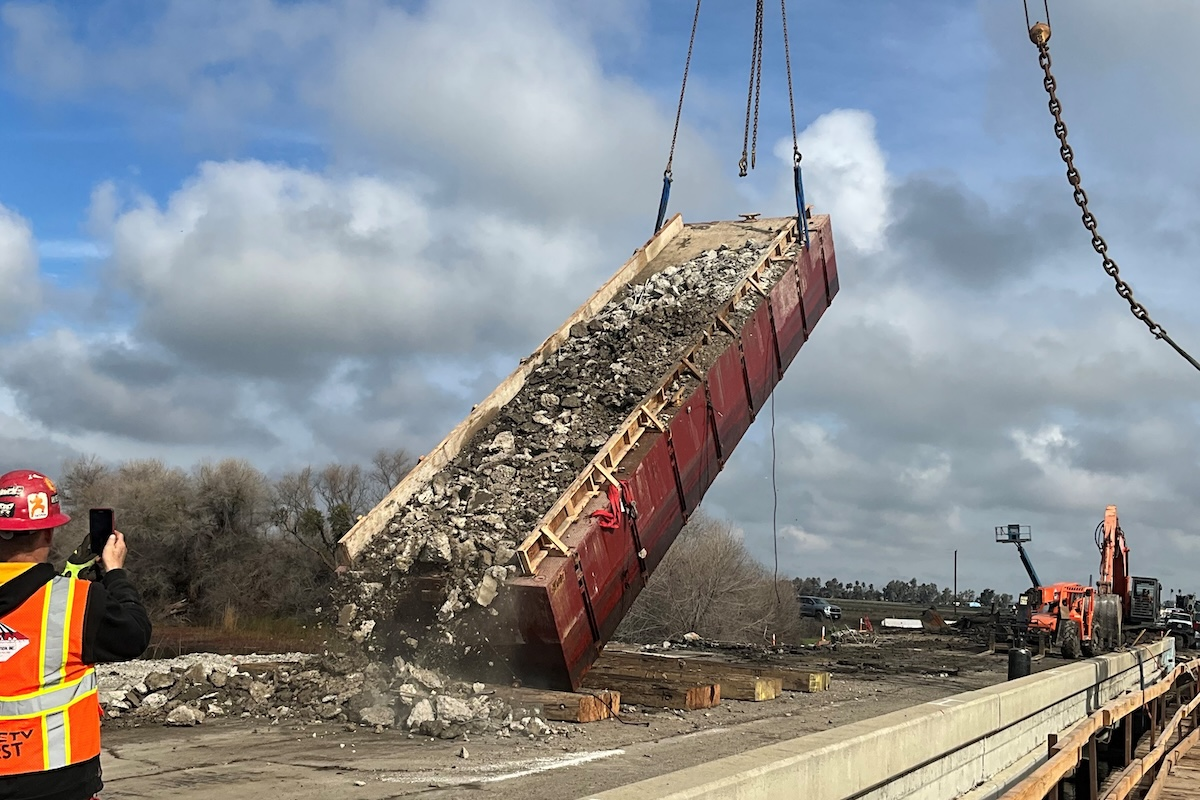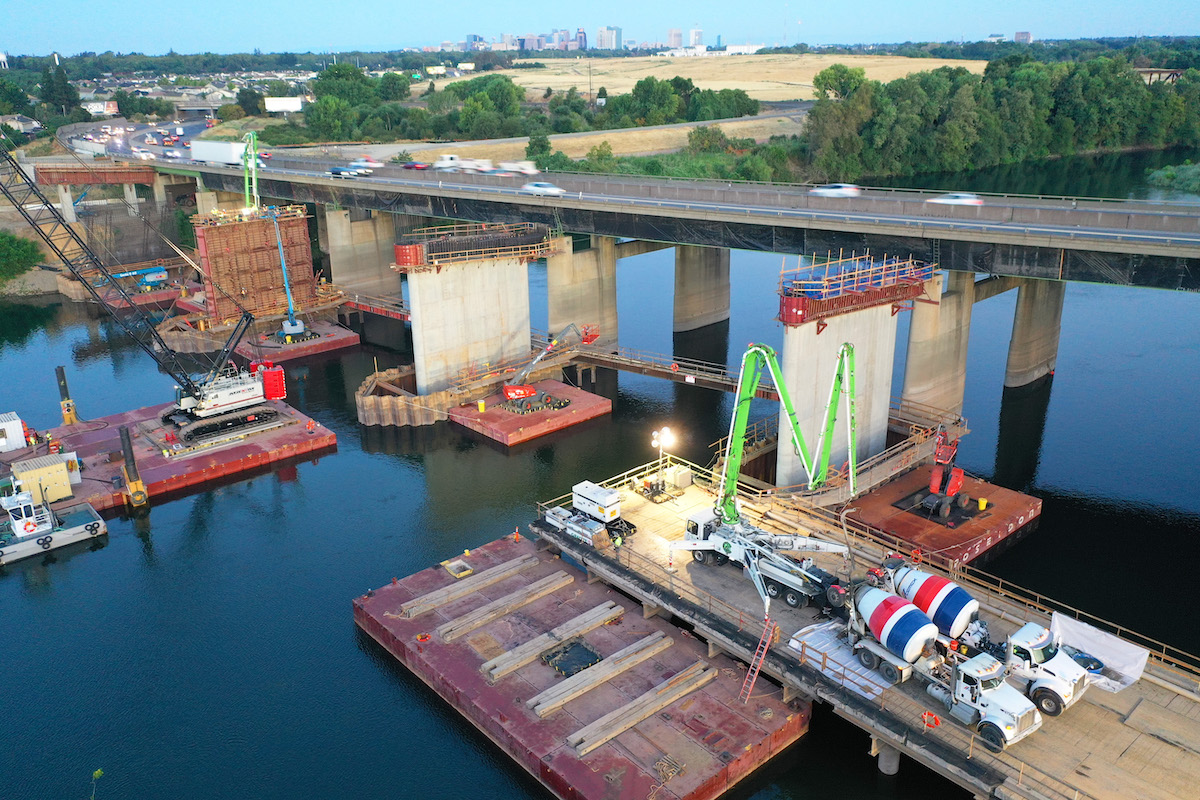One trend that all customers are impacted by is improved productivity in their daily operations, primarily how to obtain more picks per day. When evaluating which unit may be best for productivity, understanding the primary difference between the two systems is the first step, with that difference being how an operator connects to a container.
A cable hoist uses a cable that is manually connected to a container for loading and unloading onto a truck using a hydraulically operated reeving system whereas a hooklift hoist uses a hook assembly to connect to containers, from the cab of the chassis, to load and unload on the truck. Both can provide loading and off-loading of waste and recyclable containers at any site when matched with a properly configured truck chassis.
How does an operator decide which system is right for them? Ultimately, the best option depends on the application and systems already in place.
“The biggest reason that certain markets, including recycling and waste, use a lot of cable hoists still today is that their fleet of containers are set up for cable hoists, not hooklifts, and the cost to convert them means it usually doesn’t make business sense to do so,” said Tim Worman, Senior Product Manager at Stellar Industries. “As we have looked at the variables between the two markets, the hooklift makes the most sense if you’re new to the business, or doing a large-scale equipment swap, due to the expense of converting containers for hooklift use.”
According to Worman, in North America, cable hoists are still most commonly used for refuse and recycling, mixed waste, scrap, and C&D hauling.

| Your local Gomaco dealer |
|---|
| Terry Equipment |
“The refuse and recycling market is really where cable hoists live,” Worman said. “If you look at refuse, especially with larger setups, the cable hoist is the equipment that everybody uses because their containers are set up for it. Cable hoists fit well for big refuse collection companies. When you look at the recycling market, primarily scrap, they also use cable hoists. It’s a very mature market and that’s what they started with.”
While the cable hoist may be the right choice for existing hauling companies, Worman mentioned if he were a new start-up in the hauling refuse or recyclables market, he would go straight to a hooklift due to their improved versatility, efficiency, and safety gains.
“There’s a litany of things you can do with that single asset for the job you need to do that day,” Worman said. “You don’t have to have five trucks sitting around when one truck can easily be configured for different tasks using various interchangeable bodies. You can have one truck with five beds, and you just adapt to what you’re going to do the next day.”
Efficiency when collecting containers is another factor to consider when comparing hooklifts to cable hoists. With a cable hoist, the operator process limits the number of picks they can do per day. They must get out of the truck, pull the cable out, hook the cable to the container, return to the truck, and proceed to pull the container up. When they drop the container, this process is also followed, in reverse. This process happens with each pick-up and drop of a container but not with a hooklift.
When working with a hooklift, an operator eliminates extra steps to hook to a container. The user can deploy the hook, back up to the container, hook the container, and pull it onto the truck all from the truck cab. The elimination of continuously entering and exiting the cab with every pick-up and drop greatly increases work efficiency.

| Your local Trimble Construction Division dealer |
|---|
| SITECH Southwest |
| SITECH West |
“We’ve looked at this closely, and in our estimation, if you were to switch to a hooklift, you could go from 10 picks per day to roughly 12 picks per day,” Worman said. “In this scenario that would be a 12-percent gain in efficiency. By doing that with a single asset, you’re putting more money into the profitability of your organization.”
Another important benefit of a hooklift is its safer operation. It is key to remember that users of any demountable should always check the job site before deploying anything, whichever system they use. There should never be people or obstructions around containers, the truck, or overhead.
“One element of the hooklift is that when the operator is dropping or picking up a container, they never have to leave the cab,” Worman said. “They can do it all from the comfort of their seat. The safer operation comes with a hooklift because you’re not putting the operator between the container and the truck at any time to hook to, or disconnect from, a container. That can’t be said for the cable hoist.”
“Another factor for safer operation of a hooklift over cable hoist is the mitigation of operators walking in unfavorable conditions, like mud, where they don’t have to drag the large, heavy cable through the environment to hook to the container,” Worman said. “With the cable hoist process, you could see an increase in injuries, such as back, hand, or muscle pulls. These injuries are largely eliminated by having operators do the work from the truck cab – which they can only do with a hooklift.”
Finally, your business needs will factor into your decision of which equipment route to go, and even though demount equipment may not change often or dramatically, there are plenty of incremental advances that are leading to more productive, efficient, and safer products every year.

| Your local Gomaco dealer |
|---|
| Terry Equipment |
















